Stories of Our Impact
As I personally reflected on the patients, doctors, nurses, family members and others I had already met this week, one example of love stood out clearly for me: It was the mother of a young girl suffering from a chronic, debilitating and incurable illness. Although the mother had been told the child would not survive her first year, through love and tireless care, Belinda is still with us and we treated her both last year and again this year. Against all odds, she is now eleven years old and will begin secondary school next year.
Paulina is from the central Bolivian town of Mizque, but due to her ill health has reluctantly moved to Cochabamba to live with her son and his family. She suffers from Chagas disease, a parasitic infection endemic to her home region. Up to one-third of people infected with Chagas develop heart failure and/or digestive disorders. Paulina is especially unlucky – her heart is weakened, and she underwent surgery last year for Chagasic megacolon. Now her esophagus is direly impacted as well...
During our recent General Surgery Mission Trip to Cochabamba, Bolivia, we met patients whose strength and stories continue to touch our hearts. They remind us why we serve and inspire us to keep expanding access to surgical care.
“There are so many wounds that need healing, that when we remember…the parable with which Jesus taught us who our neighbor is, we cannot help but open our eyes to those next to us, so as not to be carried away by the inertia of individualism and indifference that pervades our society.” This was the opening quote that framed Solidarity Bridge's recent reflection given during the St. Bede - St. Denis Mass as part of the Archdiocese's Mission Appeal on Aug. 8th and 9th.
June brought two historic firsts to neurosurgery in Paraguay—both made possible through the collaboration of Solidarity Bridge and our dedicated partner doctors in the U.S. and Paraguay. For the first time in the country, surgeons successfully performed a cerebral double bypass and a flexible endoscopic intraventricular surgery.
Bolivia is facing an economic and political crisis that is hitting its people especially hard, with soaring inflation driving up the cost of living. Inflation, combined with import scarcity, is disrupting daily life—including access to healthcare. More patients than ever are avoiding medical care because they cannot afford it. Others wait until their conditions are advanced—when they are harder to treat. This delay has led to an increase in severe cases and worsened treatment outcomes.
The US visit of two partner Neurosurgeons from Paraguay in April marked a key milestone in a formal training initiative launched by UW–Madison and Solidarity Bridge in December 2022. The partnership aims to bridge gaps in neurosurgical training by offering a progressive, multi-stage program for neurosurgery residents of Bolivia and Paraguay. Over 20 UW-Madison neurosurgery faculty have presented lectures through the virtual residency program
Our patients are supported by “acompañantes,” who may be lay or religious chaplains or others who spiritually and emotionally accompany them and their families, before, during, and after surgery. These “accompaniers” frequently sit with families in their darkest moments, awaiting the results of a critical laboratory exam or the outcome of a delicate surgery. They may be there to celebrate with them, or to hold their hand and pray with them for strength and peace.
Our accompaniment teams are in turn blessed to listen to the unique stories of each patient we serve. Here are a few of those stories
During their visit, the Bolivian team met with members of Lurie’s chaplaincy and social work departments for a powerful exchange focused on integrated, compassionate care for pediatric patients and their families. They were hosted in part by Jim Manzardo, Lurie chaplain and longtime volunteer with Solidarity Bridge. Jim has traveled to Bolivia as a chaplain during Solidarity Bridge’s surgical missions, where he provides spiritual and emotional support to patients and families facing complex medical challenges—mirroring his compassionate work at Lurie.
In Bolivia, one of the most evident examples of gender-based health inequity is the lack of access to quality gynecological care. This issue has been a part of Solidarity Bridge’s mission since our second mission trip in 2000. Many women, especially mothers, suffer silently from conditions like abnormal bleeding, pelvic organ prolapse, fibroids, urinary incontinence, and other health problems often linked to multiple childbirths. Unfortunately, these conditions are rarely addressed until they become severe.
Through this Lenten program, together we get to be a living sign to our patients and partners that they are not alone in the wilderness. We can't avoid the harsh and rugged wilderness. We can't always prevent the people we love or those in our communities from experiencing it. This Lent, as we sit together in that wilderness, we are challenged to remain rooted in our conviction that God is here with us and we are never alone. May this place, indeed, be the promise of something new and life-giving for all of us.
As the Solidarity Bridge organization contemplates recent events at the national level, we reflect deeply on the meaning of the word “solidarity.” This value lies at the heart of our work, is reflected in our name, and has served as the core motivating principle of our mission for over 25 years. Rooted in Catholic social teaching, we seek a just, compassionate, and interdependent world, where the health needs of those most vulnerable are prioritized. Out of these values, we feel called to speak about the recent US cuts to foreign aid, international cooperation, medical research, and global healthcare funding, which threaten essential services while undermining efforts to prevent and respond to health crises, in the low-income regions in which we work and around the world.
“I was hopeless” is a phrase you frequently encounter when speaking with parents of children with drug-resistant epilepsy. It serves as a powerful reminder of the vital role that Solidarity Bridge plays in sustaining hope for those whose hope has run thin. Along with committed partners, Solidarity Bridge is restoring hope for Bolivian children suffering drug resistant epileptic seizure disorders by making epilepsy surgery accessible.
At 53, Margarita is a woman who has faced more challenges than most people do in a lifetime. When I first met her, she was overwhelmed by debilitating headaches and near blindness. About 18 months earlier, her symptoms had started with headaches and subtle vision problems. But at the time, she and her family thought it was all tied to the devastating loss of her husband of more than 30 years. The grief of losing him had consumed her, and no one could have imagined that something else might be wrong.

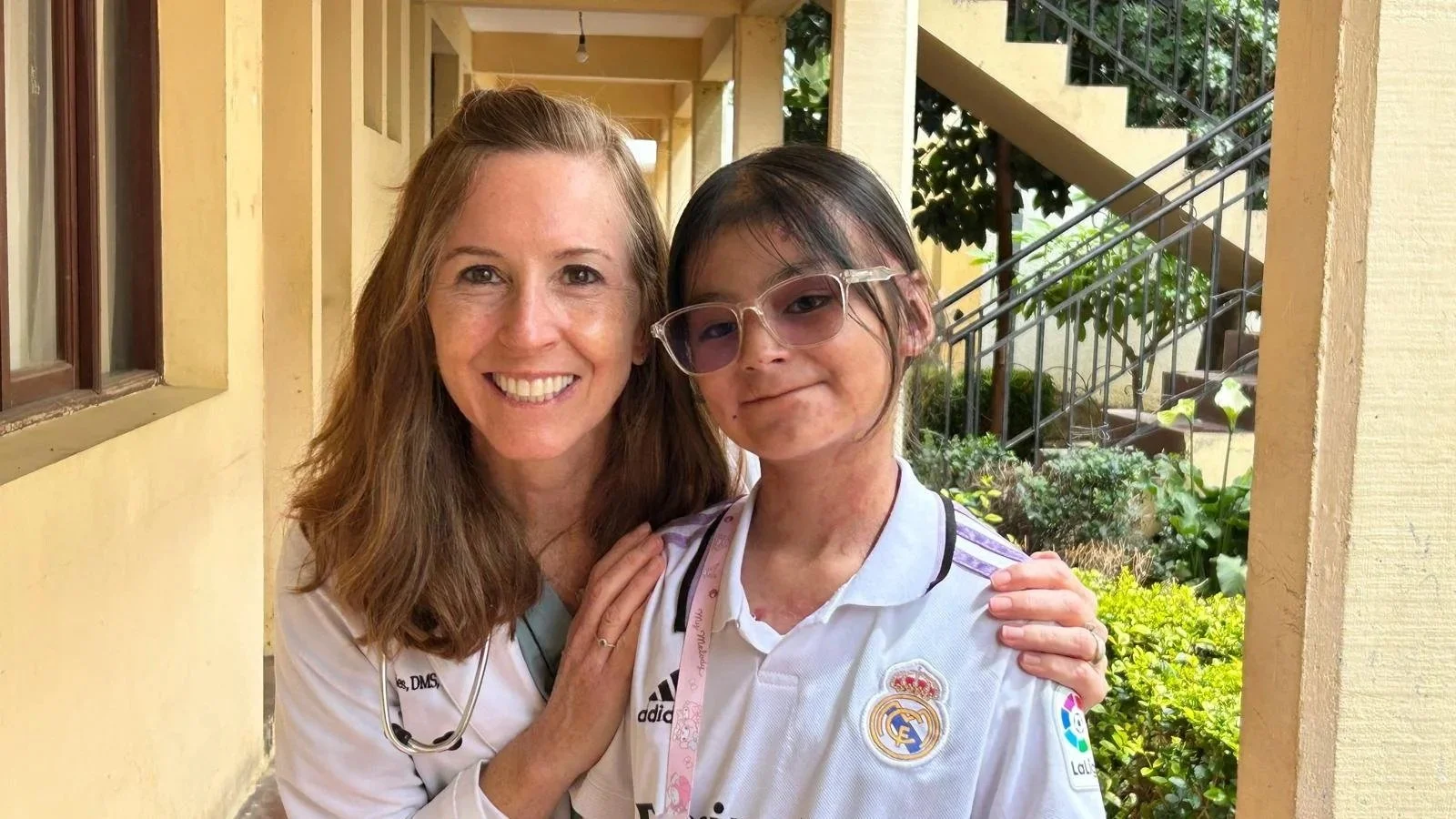
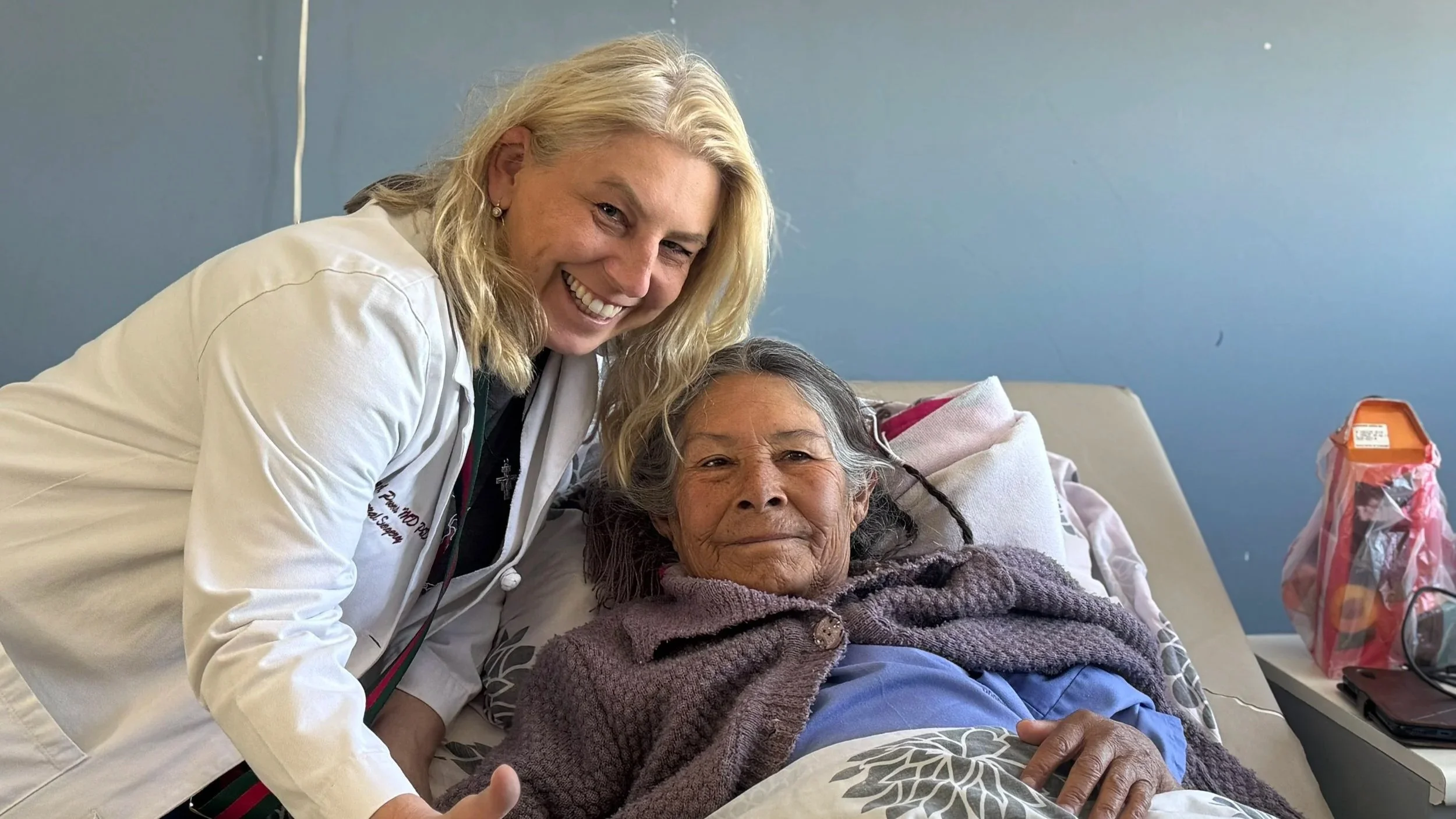
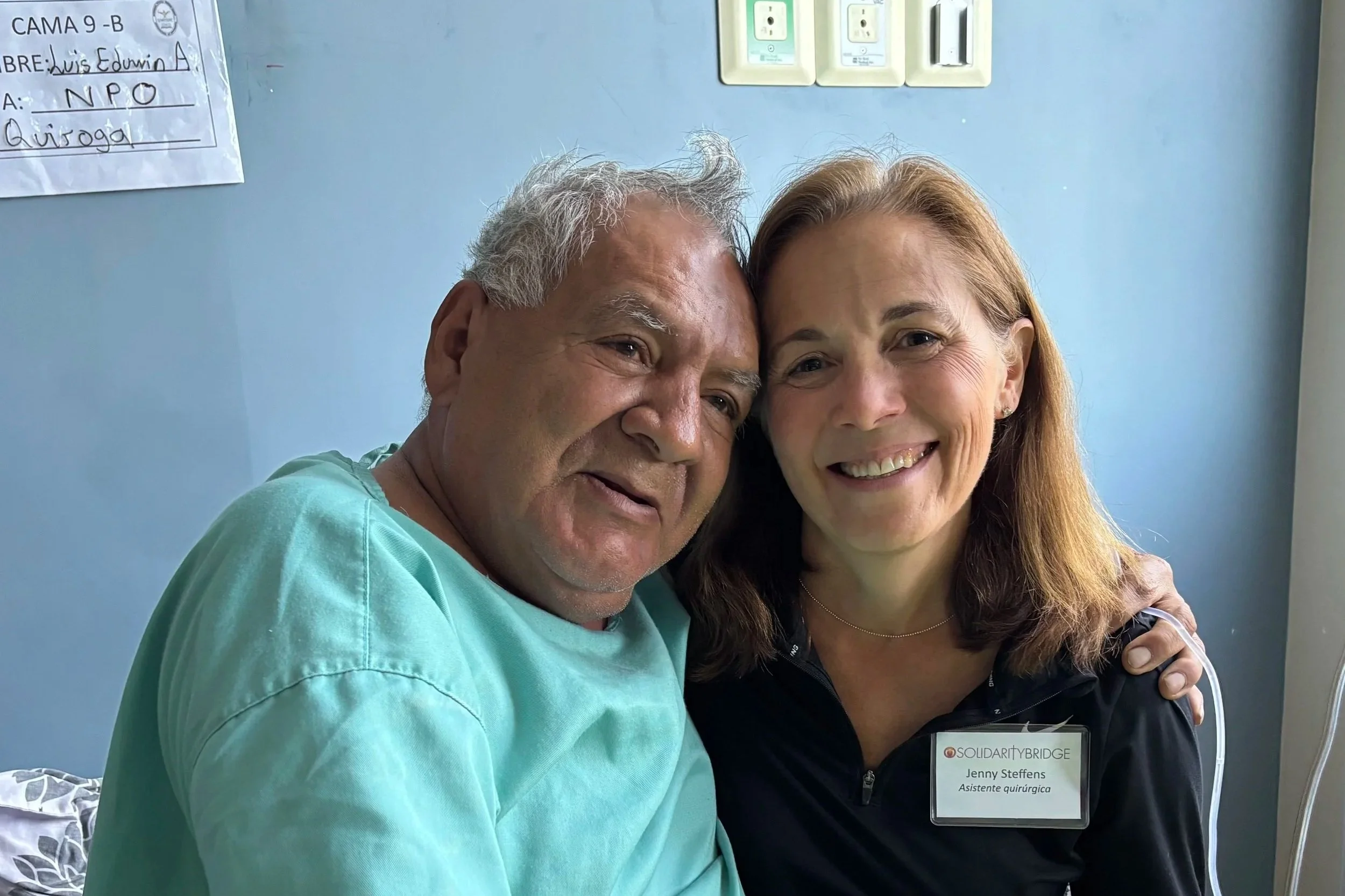

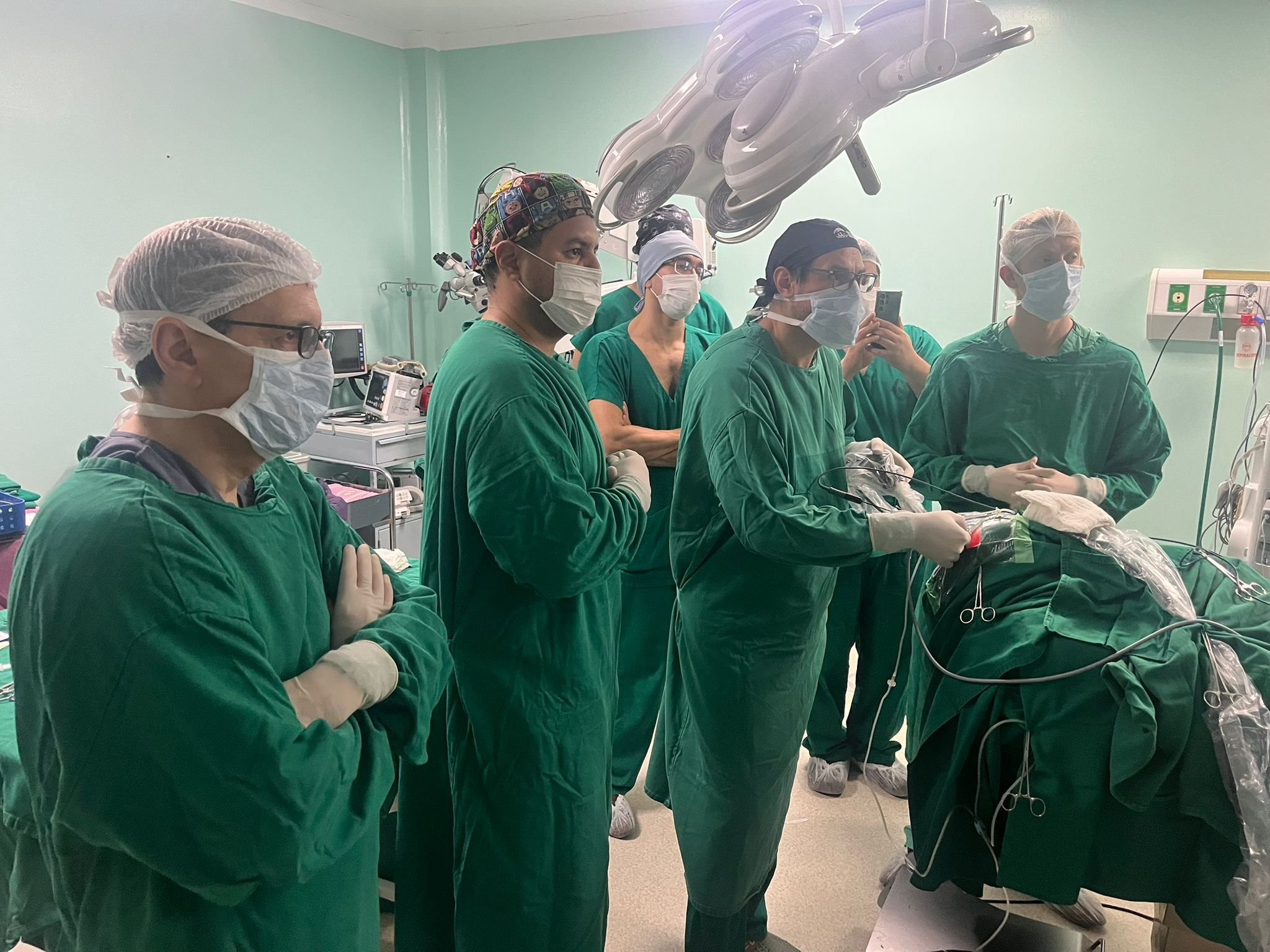





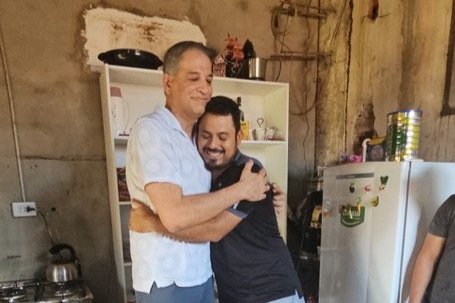
















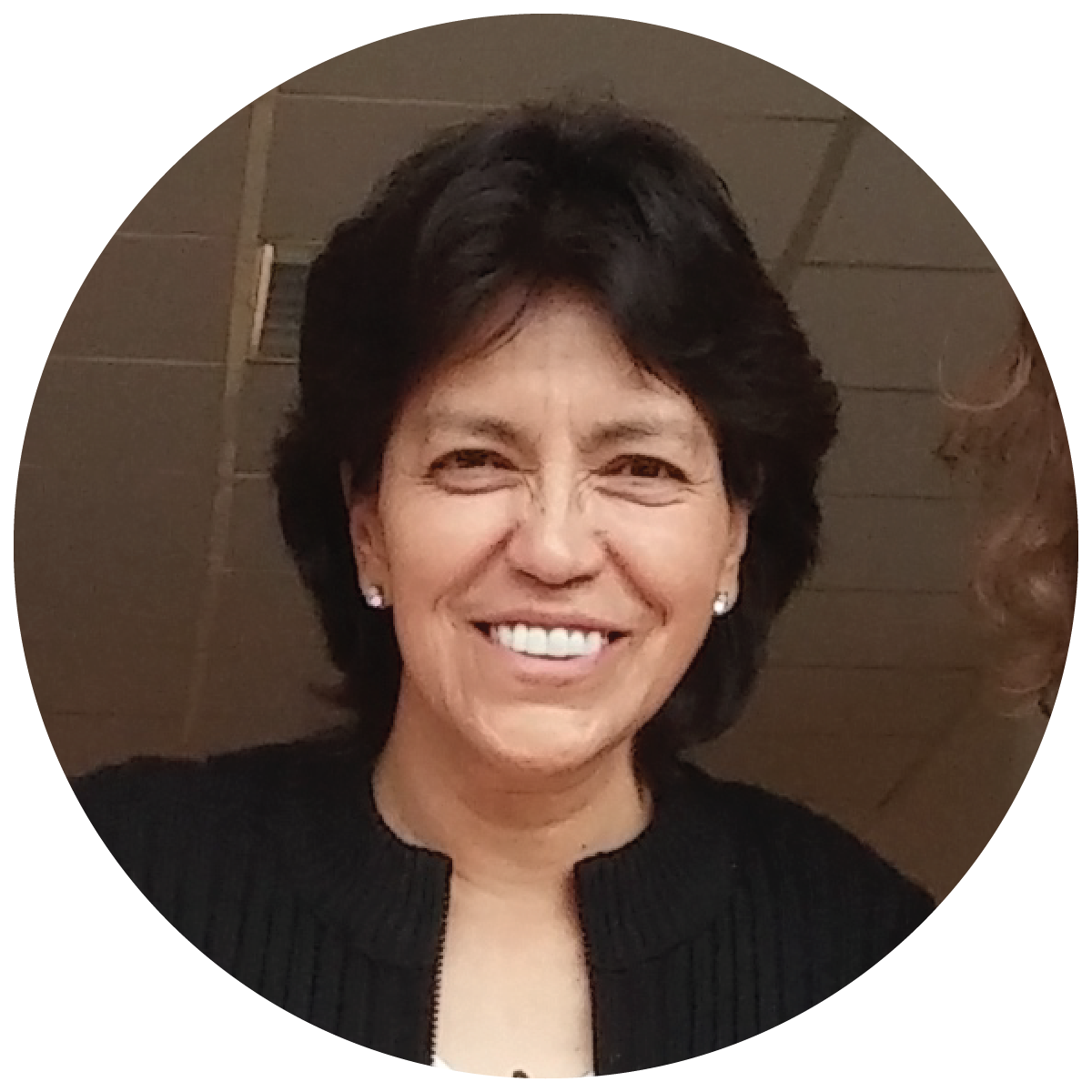
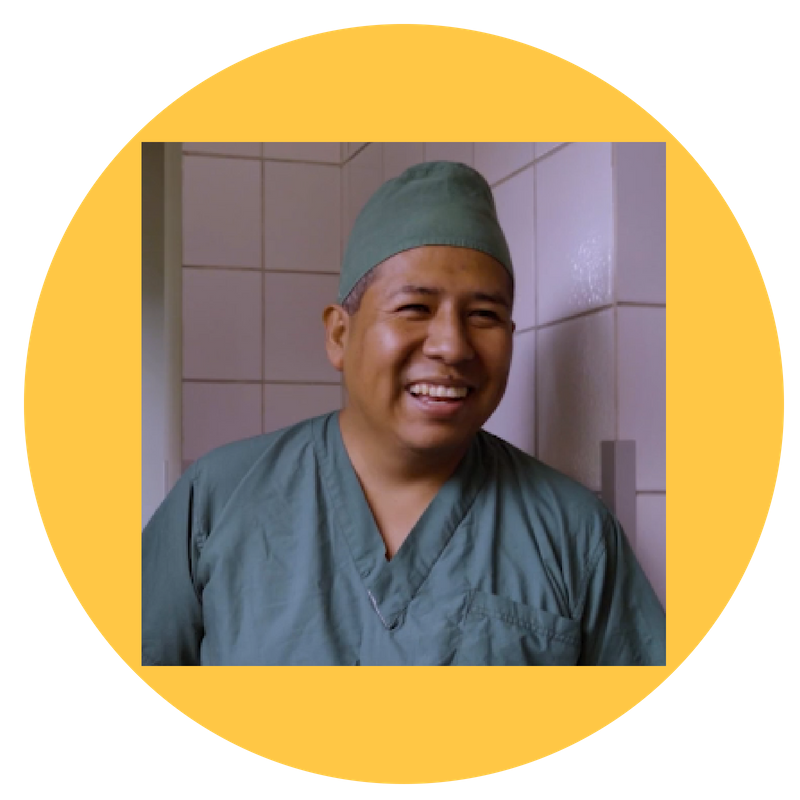


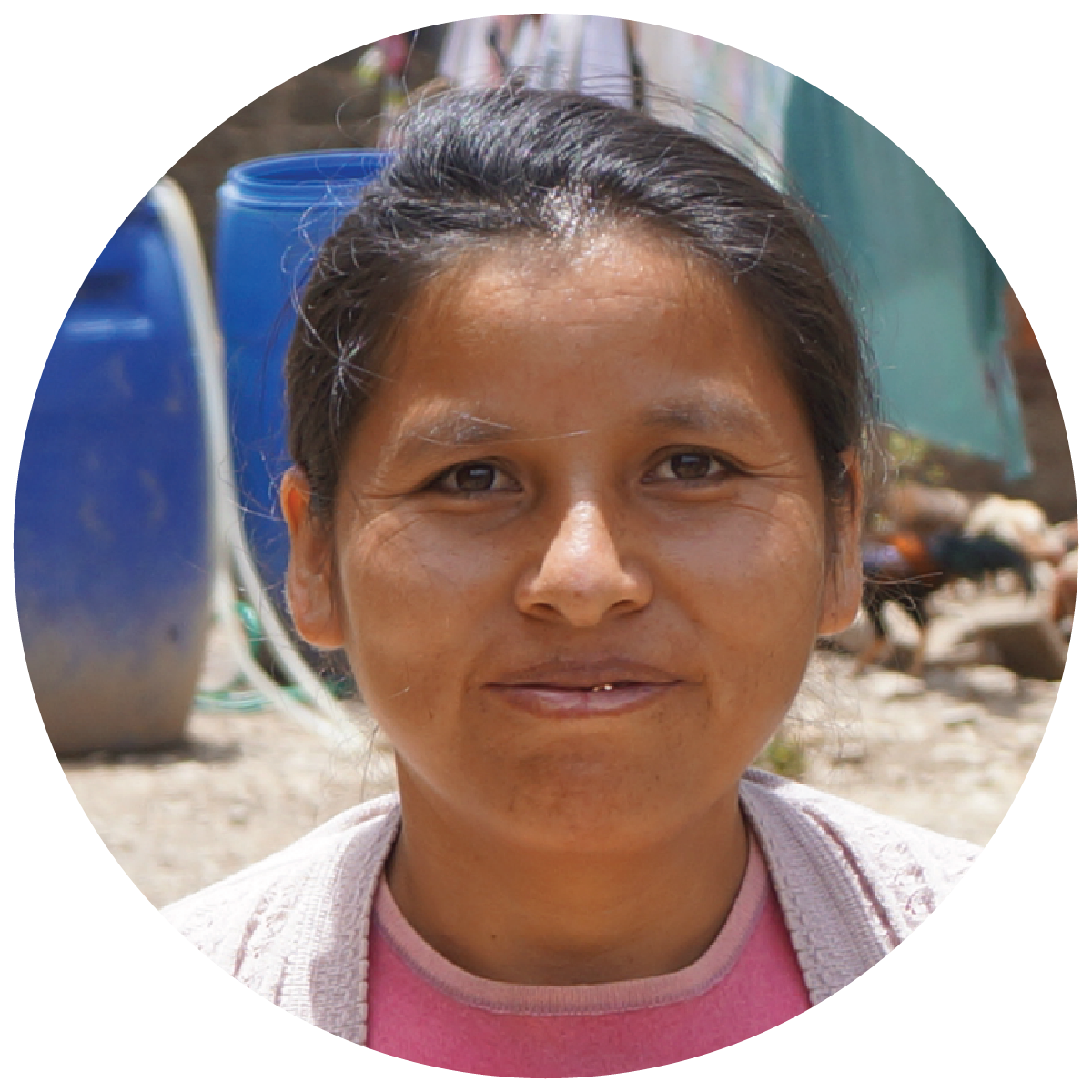
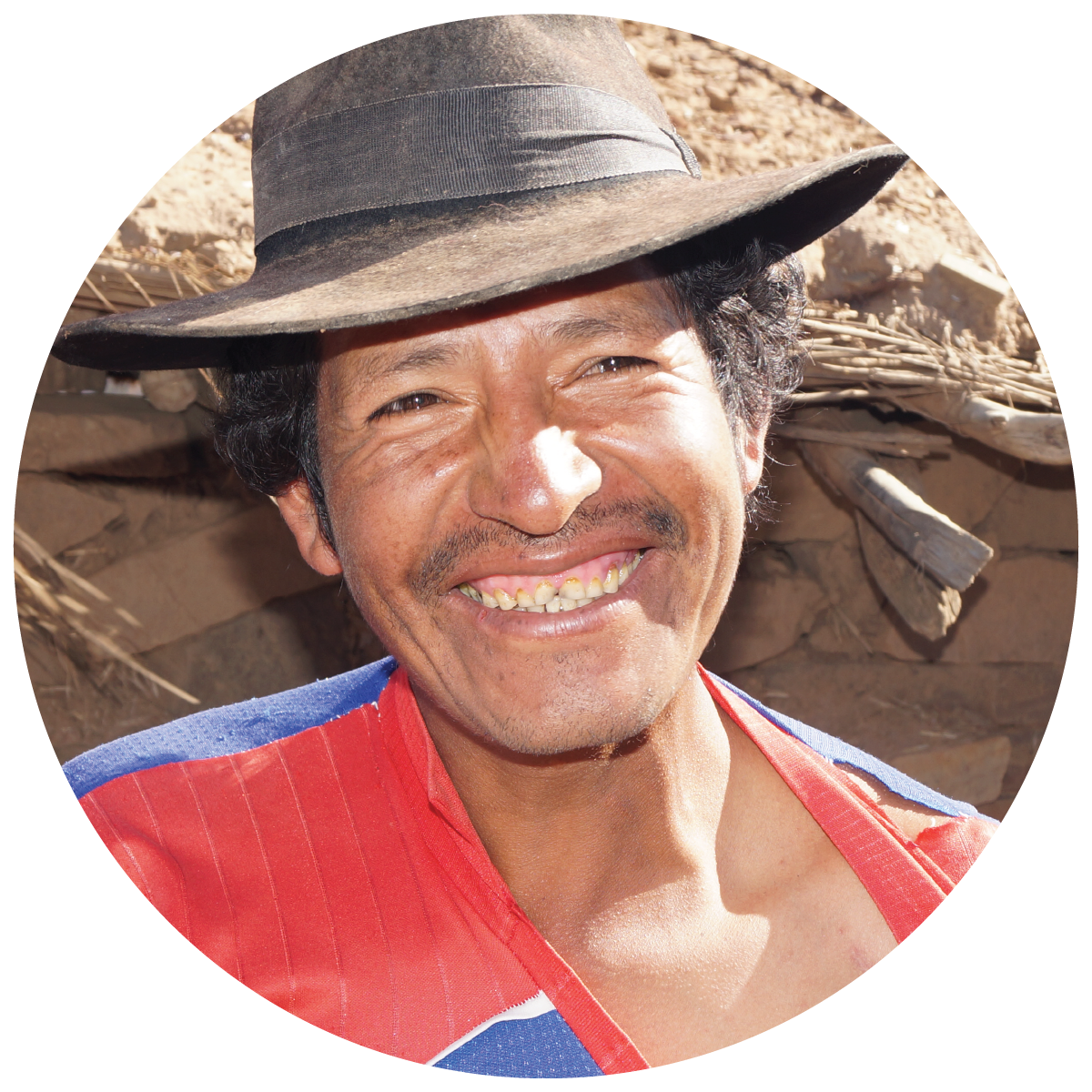
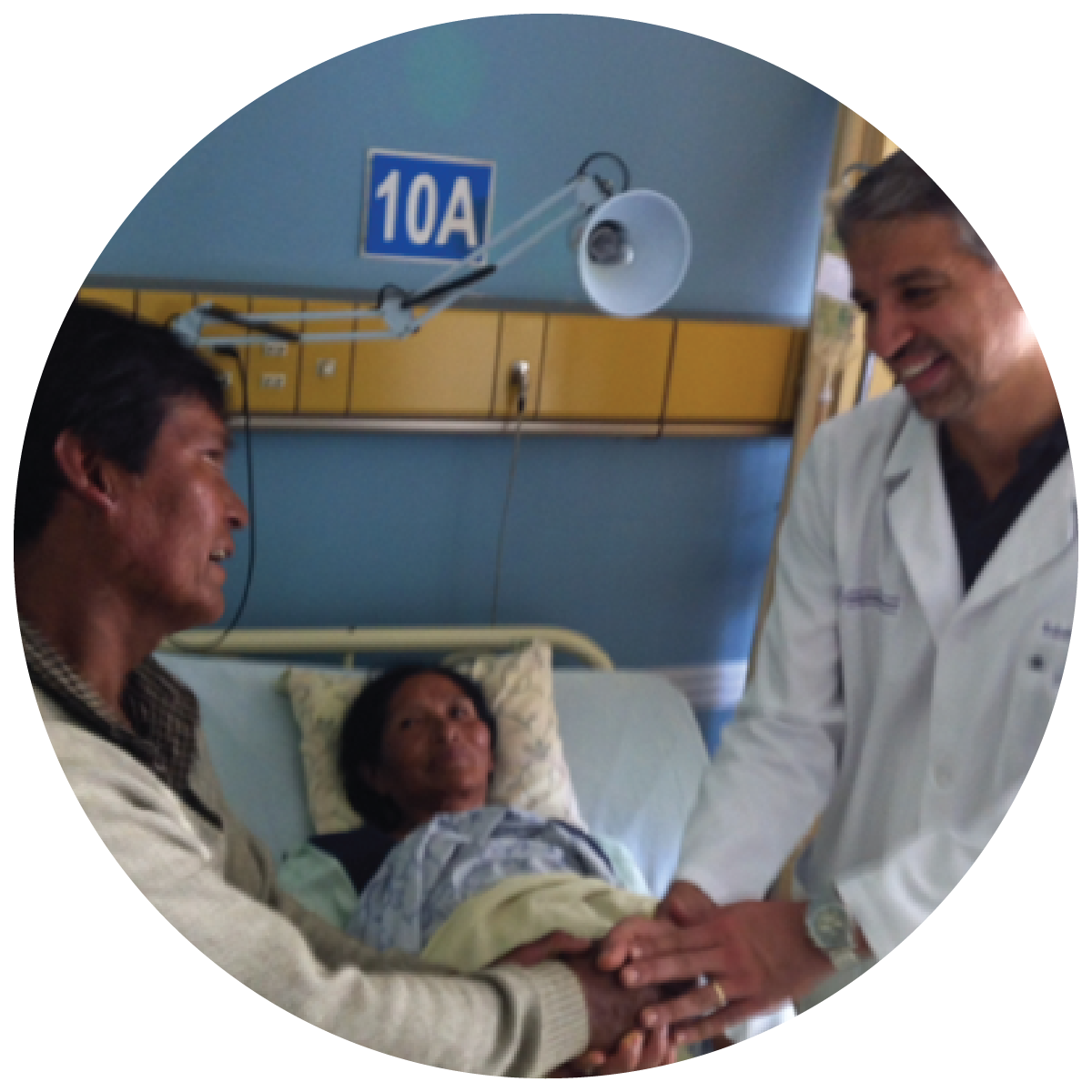
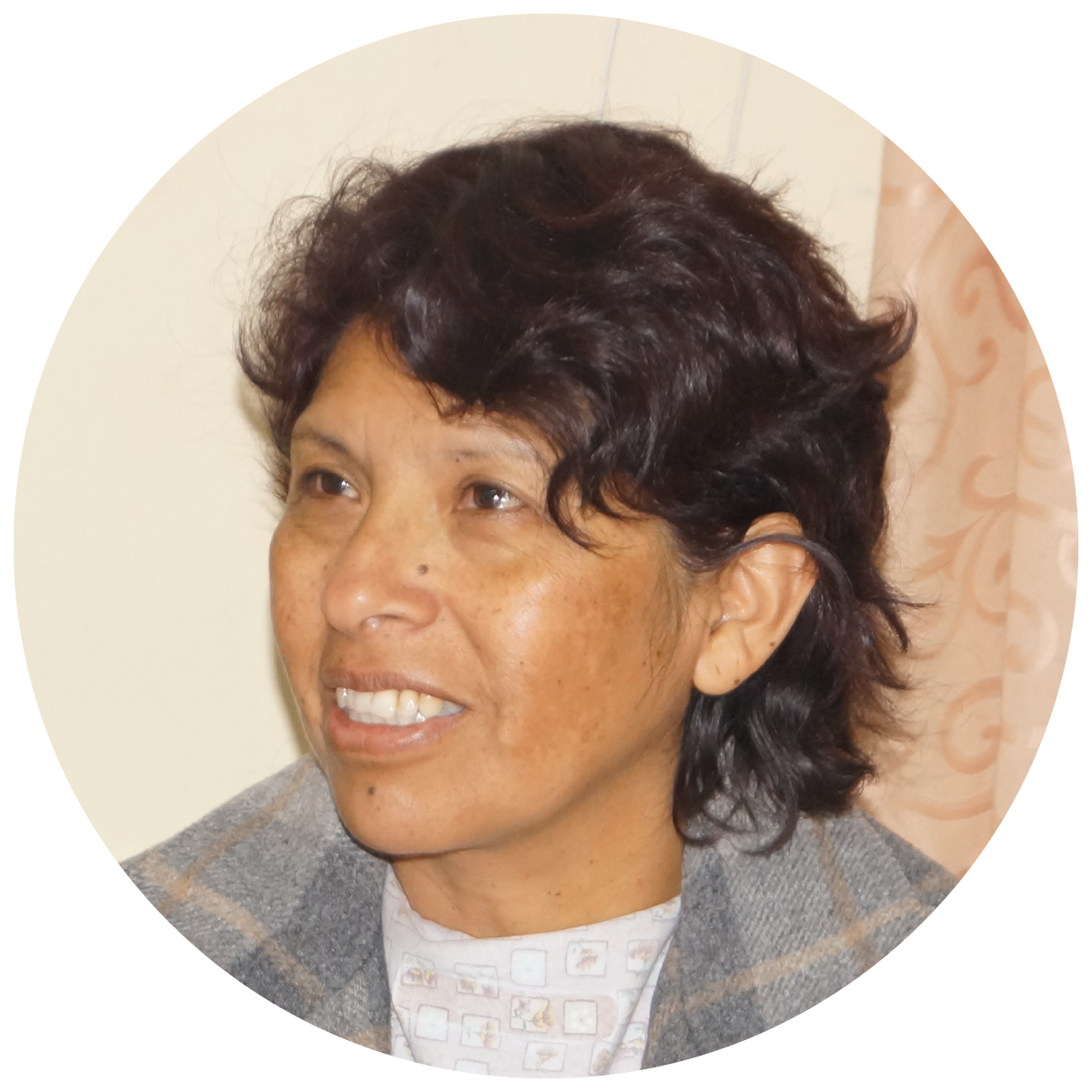
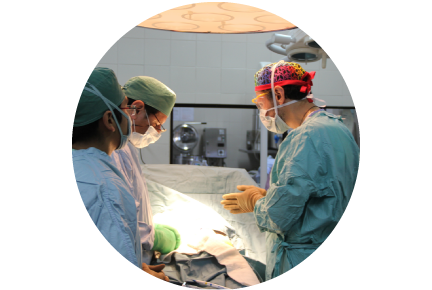
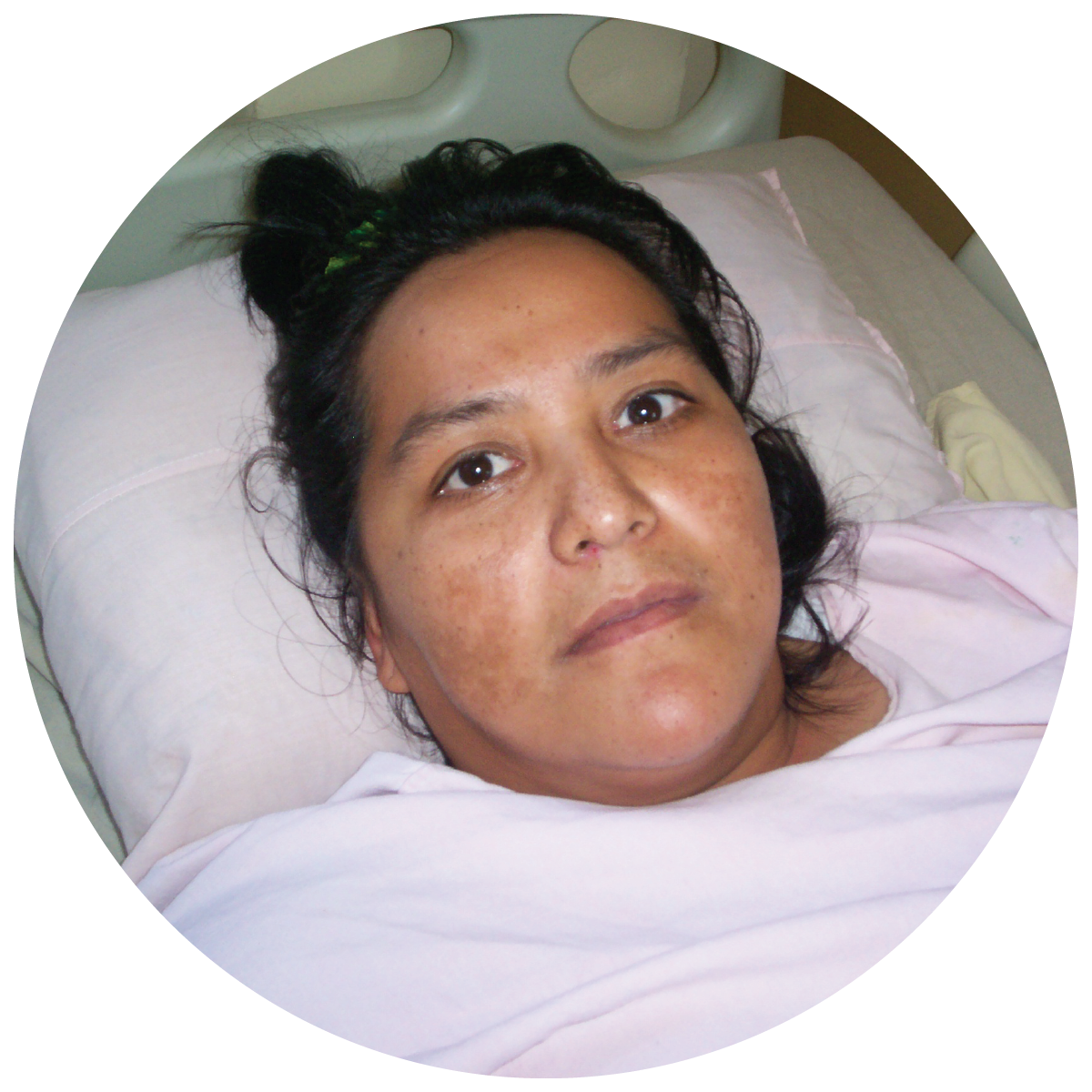
There are moments in life when stepping outside of our familiar rhythms offers more than just a change of scenery—it opens our hearts and minds in transformative ways. Entering a different cultural context is not only mind-expanding; it is heart-expanding. This was certainly true for me during a recent trip to Bolivia. I traveled with Solidarity Bridge founder and former Executive Director, Juan Lorenzo Hinojosa, and his wife, Sarah Hinojosa